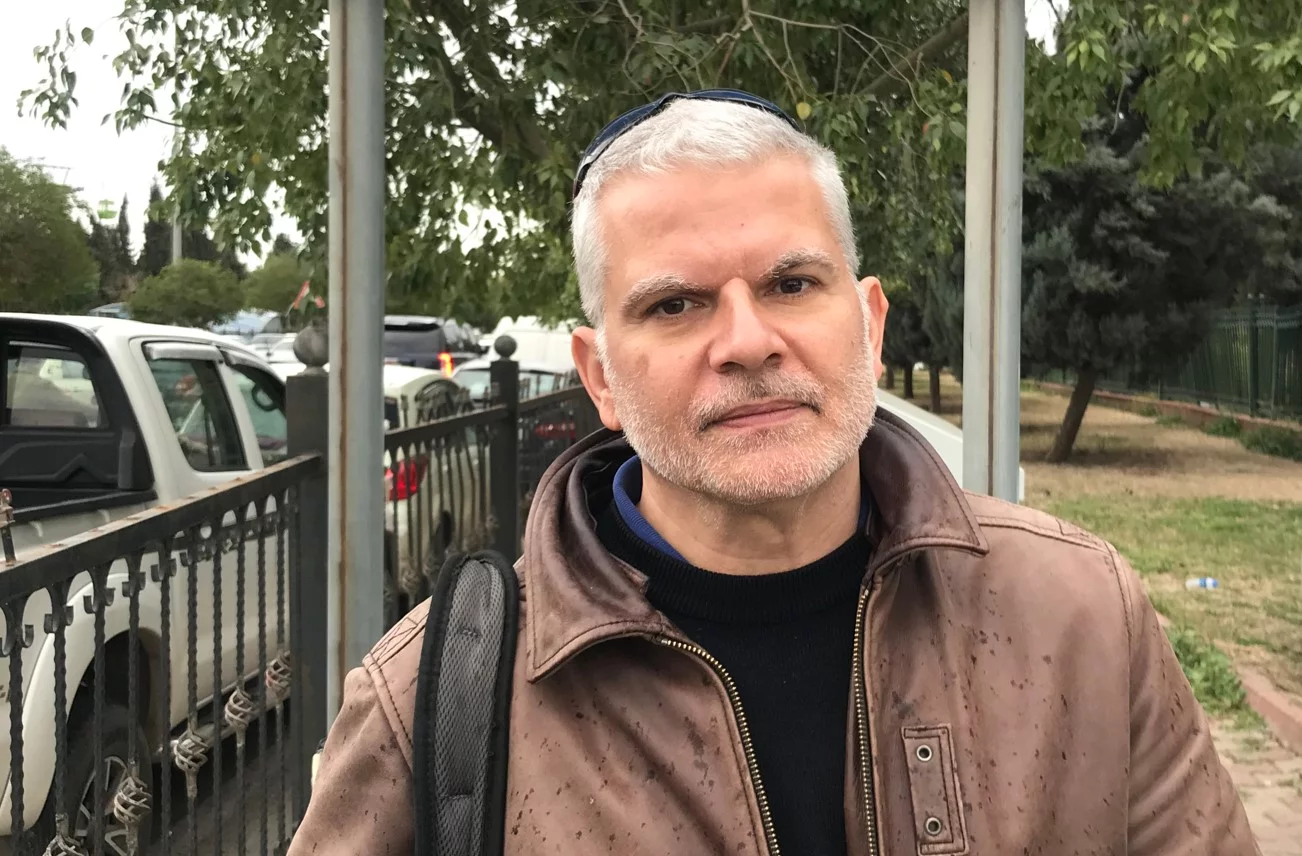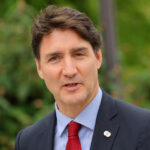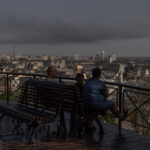What if Iran were today the world’s leading criminal organization? The Islamic Revolutionary Guard Corps, a drug trafficking cartel? How do the mullahs form a real mafia? How did the Islamic Republic extend its harmful influence, particularly over Europe, by financing terrorist groups with drug money? From the slogans of the Khomeinist revolution to the money laundering circuits, Emmanuel Razavi, a senior reporter, uncovers “The Hidden Face of the Mullahs” and exposes the workings of their deadly system.
“The Hidden Face of the Mullahs” (éditions du Cerf), is a field investigation that reveals information never before told about the Iranian regime.
Through the testimonies of former undercover agents, but also of people close to the regime who participated in the system, it reveals the trafficking of the Guardians of the Islamic Revolution and the clerics of the regime, as well as their ideological and mafia project.
From the Iraqi-Iranian border to the Persian Gulf via Tehran, South Lebanon, Berlin and Paris, this investigation takes us to meet shadow fighters – Kurdish militias, a network of former Iranian army pilots, spies and opponents who work at the heart of the Iranian regime – who are waging a secret war against the Iranian regime.
The book also takes us to the Strait of Hormuz, facing the navy of the Guardians of the Islamic Revolution.
Finally, it reveals the underside of hostage diplomacy, terrorist operations led by Tehran, and the compromises of European diplomacy in the face of the Mullahs.
Emmanuel Razavi is a senior reporter, a specialist in the Middle East. A former reserve officer, he has a degree in political science and covers Iranian news for Paris Match. He also collaborates with the magazines Franc-Tireur and Valeurs Actuelles. Author of several scoops, he is also the producer and director of documentaries on the jihadist movement broadcast on the television channels Arte, M6 and Planète.
Franco-Iranian, part of his family experienced persecution by the mullahs’ regime during the Islamic revolution of 1979.
“As a teenager,” he says, “I didn’t understand why French left-wing intellectuals, like Sartre and Foucault, supported the massacres committed in Iran by the Islamists. They said that the Shah was a bloodthirsty dictator, when he had given women the right to vote, built schools, and made Iran one of the most advanced countries in the Middle East. On the other hand, Foucault presented Khomeini as a “saint” and Sartre was part of the support committee for the psychopathic ayatollah. So I started by diving into the archives of the time, to understand what had motivated this Islamist revolution, then I spent a year and a half in the field, in the Middle East, to conduct an uncompromising investigation, giving voice to different tendencies. Most of the people who give their testimonies took considerable risks to testify to the threat posed by the Islamic Republic of Iran, so the investigation was difficult, but in the end, I think I can say that this book is one of the most comprehensive on the Iranian regime.”
A dive into the heart of mafia networks
The book thus plunges us into the heart of the mafia networks linked to the Islamic Republic of Iran, run by the reformist party. Emmanuel Razavi provides us with a precise diagram of the drug trafficking routes set up by the Islamic Revolutionary Guard Corps and its Lebanese subsidiary, Hezbollah. He also explains in detail the money laundering system set up by the Pasdaran.
He also returns to the links between Ayatollah Khomeini and his successor, Supreme Leader Ali Khamenei, and the Egyptian organization of the Muslim Brotherhood, from which they drew inspiration, also emphasizing the way in which the Islamic Republic of Iran has manipulated far-left movements for 45 years.
The book also includes a booklet with impressive photos by the great Paris Match photographers Alfred Yaghobzadeh and Bernard Sidler, who accompanied Emmanuel Razavi on the ground on several occasions.
This article is originally published on theatrum-belli.com








